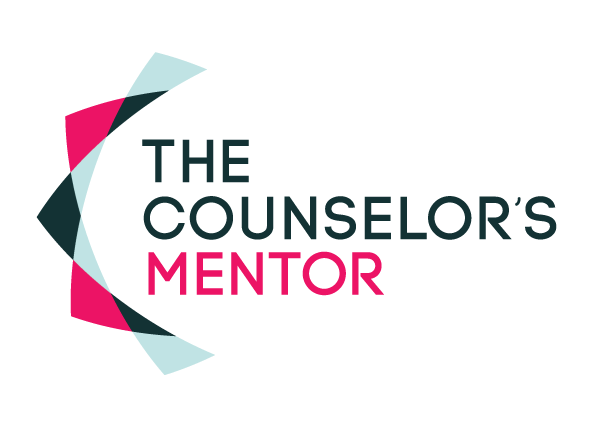A Business Model Canvas is a tool used to help visualize the key concepts to build a successful business. This is a widely used resource in the business world to target strategic elements to run and grow your business.
As a mental health professional, let’s be honest- we were NOT trained in business. One thing I learned quickly is it takes more than being a good counselor to have a successful private practice. So many clinicians start their private practice only to find it fail 2-5 years later. Why? Because it takes more than hard work and determination.
You don’t have to know all the answers to business questions, but I recommend you have these answer BEFORE you launch your private practice. Gain some business awareness and access resources like this one. Here are the 9 key elements of the Business Model Canvas:
- The client segments, who is the target audience? What products and services are you offering to each client segment? What does your ideal client think and feel about the services you offer?
- The value proposition, what is it that you have to offer that is different than others? what will you present to people that they will find value in? And be willing to pay for? What client pain points am I addressing?
- The channel- communication and outreach. What type of promotion and advertisement will be used to get the message out that you’re in business? Second part, how will you deliver an intangible services? How will you get your service to the client?
- The customer relationship, how do you intend to build your relationship with your clients? Warm and friendly? Transactional, self-services, automated, co-creation in nature? (*you’re a mental health provider so don’t spend too much time here, we all know the answer)
- The revenue streams, how will you make money? How will you get paid? How would the client prefer to pay? What point of sale system will you use?
- The key resources, what assets, tools, resources, equipment do you need to actually be able to deliver your service? (*buying cute office decor doesn’t count)
- Key activities, core competency. What is it that you need to do better than anybody? Don’t be another “me too” model- what will set you apart from the other counselor at the end of your street that does the exact same thing and takes the client’s insurance?
- Key partnerships, You can’t do everything by yourself. What key resources or partnerships can help you perform?
- Cost structure, what will you do to ensure a revenue stream is more than outgoing cost? What is most expensive? What is your overhead? How much are services? How many clients per week/month need to be seen in order to profit?
As mentioned, this is a tool. This is not an end all be all. It is a working document and one to revisit as frequently as needed. If you need some extra support to think it through, don’t hesitate to reach out to me for a consult. You’ve got this!!

